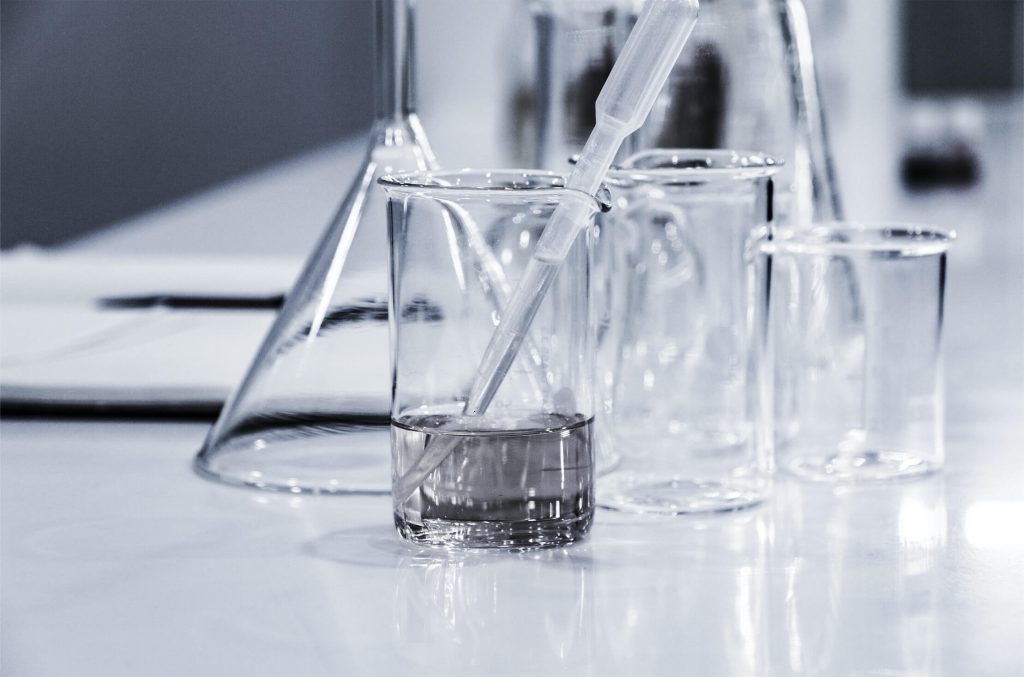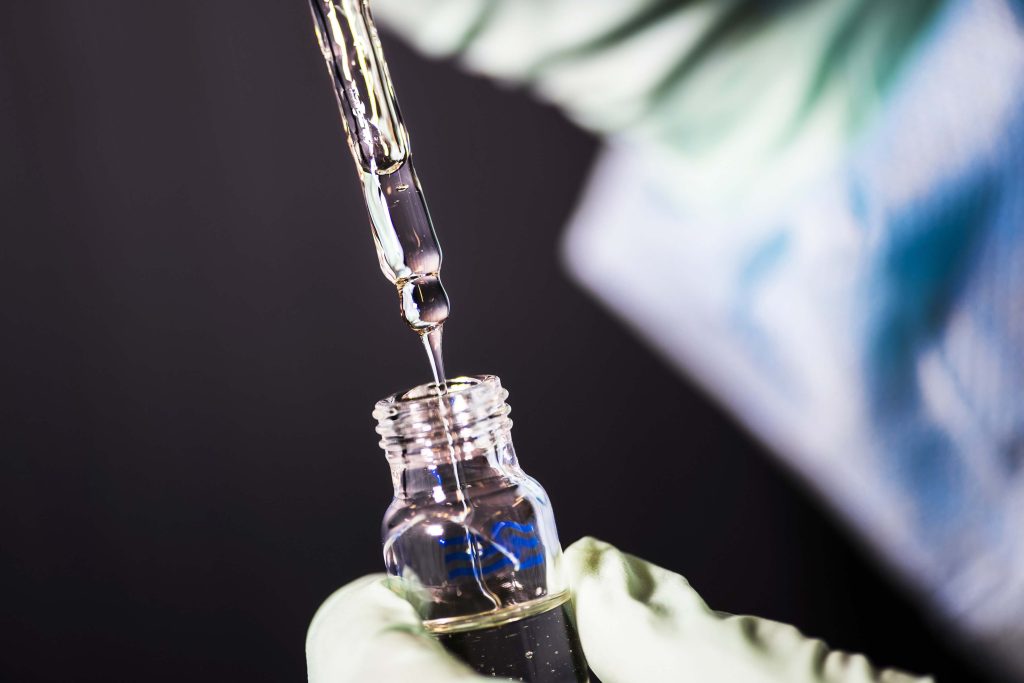
Products & Pipeline
Human Applications

Play Video
Play Video
Evidence-based gut health solutions

Play Video
Gastrointestinal ReProgramming
(GaRP) Product
Introducing GaRP, a regenerative, multi-component complementary medicine.
Anatara’s GaRP product is a microbiome-targeted multi-component complementary medicine that has been designed to address the primary underlying factors associated with chronic gastrointestinal conditions such as irritable bowel syndrome (IBS) and inflammatory bowel disease (IBD).
The causative factors of IBS and IBD are still not fully understood, but genetic predisposition and environmental risk factors appear central to the development of these chronic bowel conditions.
pathophysiological mechanisms of IBD and IBS
When exploring the pathophysiological mechanisms of IBD and IBS, three common factors emerge:
1. Increased intestinal permeability.
2. Inflammation
3. Dysbiosis of the microbiome
Current treatment options for IBS and IBD are limited due to the complex pathophysiology of these conditions and as such, there is a severe unmet clinical need for products that can treat each of these primary underlying factors, and induce and maintain remission in patients.
Anatara has been actively working on the development of the GaRP product and has completed the dose selection of each formulation component. The Company has recently generated excellent in vitro and in vivo preclinical data to support the effectiveness of GaRP in:
• Removing bacteria with pro-inflammatory properties;
• Reducing inflammation by reducing the release of pro-inflammatory cytokines;
• Regenerating the integrity of the gastrointestinal tract; and
• Stimulating mucosal healing.
The design of GaRP has been enabled by leveraging published research in conjunction with the extensive body of knowledge generated in-house at Anatara. Bromelain is one of the main components of GaRP and therefore forms the basis of its acceptability as an effective dietary supplement.
With a triple-targeted therapeutic approach (anti-adhesion, anti-inflammatory and mucosal regeneration) and a dual targeted formulation, Anatara believes it will deliver components to where they can be most effective and provide broad symptomatic relief to IBS and IBD patients.
Successful GaRP proof of concept studies

In February and October 2019, Anatara reported positive in vitro proof of concept data and statistically significant efficacy data from its in vivo mouse studies for its Gastrointestinal ReProgramming (GaRP) product.
Through these studies, Anatara has been able to demonstrate that GaRP has been shown to:
GaRP has been shown to
Through these studies, Anatara has been able to demonstrate that GaRP has been shown to:
• Address the dysbiosis of the microbiome
• Inhibiting the attachment and invasion of pro-inflammatory bacteria by >95%
• Reduce gut inflammation
• Reducing the production of pro-inflammatory proteins by >85%
• Reducing colon inflammation and disrupted bowel habits by 2.5-fold in mice
• Potential to reduce immunosuppressive dosing in IBD when GaRP used as an adjunct to prescription immunosuppressants
• Promote mucosal healing
• Upregulating the expression of mucin genes (MUC2 and MUC6) that are normally downregulated in both IBD and IBS
• Increasing the expression of mucin genes by a factor of 5 to 7-fold (MUC2 and MUC6 genes)
Further information
Further information on the proof of concept results can be found at:
• 7th February 2019 Anatara reports successful proof of concept studies for its gastrointestinal dietary supplement
• 14th October 2019 Anatara’s gut-targeted dietary supplement completes preclinical testing
Following successful proof of concept studies for the Company’s gastrointestinal complementary medicine in reducing inflammation and pro-inflammatory gut bacteria, recruitment for a human clinical study in IBS patients commenced in August 2021.
Why a Complementary
Medicine?

GI disorders affect a significant proportion of the population at some stage of their life, with IBS affecting more than 20% of the Australian population.
Our lead product is being positioned as an adjunct to existing therapies. Over the last 20 years the use of complementary medicine as adjuncts to prescription drugs has increased significantly.
Approximately 50% of IBS and 30-50% of IBD patients seek additional relief of their symptoms through the use of complementary and alternative medicines (CAMs) – this approach is generally precipitated by the high failure rates and severe side-effects of current prescription therapies. As the role of a dysfunctional gut microbiome and inflammation are central to the initiation and perpetuation of IBD and IBS, there is an urgent need for CAMs that can rectify these underlying conditions
Further information
Increased education and more detailed evaluation of complementary medicine and has led to health-care providers working with patients to develop individualised programs which include dietary supplements in the symptom management for GI disorders.
Developing complementary medicines not only provides significant treatment options to IBS sufferers but also several regulatory and commercial advantages by de-risking the regulatory pathway to market, thereby accelerating market entry. Complimentary medicines are well understood by both the public and health care professionals and with the right partner, have the potential to become mainstay adjunctive therapy. Finding the right partner for a product such as GaRP will be crucial to its success and will continue to be a major focus for Anatara.
Want to stay up to date with our trials and latest news?
Sign up here



